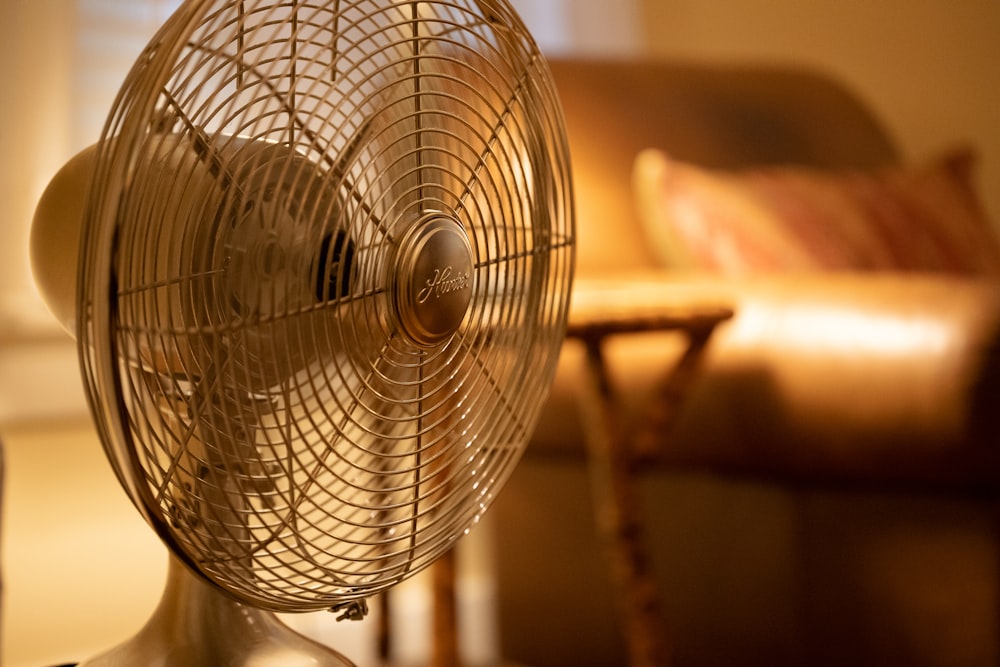Do hot flashes burn calories? This is a question that many women ask themselves as they go through menopause. It’s natural to want to know if those little bursts of warmth can help you lose weight. These flashes are caused by oestrogen levels changing and the body trying to regulate itself, but for some women, it seems like such an inconvenience. In this article, we will discuss whether or not hot flashes burn calories!

What Are Hot Flashes?
Hot flash (or hot flushes) is one of the many menopause symptoms that you’ll experience. It is a physical reaction to the decrease in oestrogen but can also occur when women go through surgical menopause or stopped taking birth control pills (birth control pills can mask hot flushes).
Women experience hot flashes differently. Some women get them more often than others, but there are some common physical symptoms that everyone will experience when they do have a hot flash. Menopausal hot flashes can vary in intensity and frequency, but understanding what to expect can help manage the symptoms better.
The most common symptom is of course the heat itself! The body temperature rises that it feels like you just got burned with scolding water or open your oven door and stand too close to it without realizing how hot it is. It’s a little bit more intense than feeling flushed but not quite as intense as being sick with fever, as it involves changes in core body temperature.
The skin also gets redder and feels warmer to the touch. You might also start sweating at the temples of your forehead, under your breasts, or even in your hands and feet! Headache, nauseousness, and breathing difficulties can also occur!
Your body weight also plays a role. Studies show that overweight women can suffer more severe and more frequent hot flash symptoms.
Some women do not suffer from hot flashes at all during menopause! If you are lucky enough to not have to deal with them, then that’s awesome and we feel for the rest of you.

The Truth About Weight Loss and Hot Flashes
So, do hot flashes burn calories? The truth about hot flashes and calories burned is that they don’t really have anything to do with one another. Women might feel like the heat from a hot flash causes their bodies to burn off some extra calories, but this isn’t actually what’s happening! Some women experience severe hot flashes that can disrupt their daily lives, but this discomfort does not equate to significant calorie expenditure.
When you get a hot flash, your body has to work much harder to cool itself back down again and this causes a whole lot of stress for the body. Women who have a high metabolic rate will notice that their heart starts beating faster in order to get more blood flow through the system so that it can reach your skin and help you cool off, but then there is less oxygen being pumped around which is why you feel like your breathing is heavy and that’s also why women might start sweating more.
How to Help Manage Your Hot Flashes

Going through the menopausal transition is not easy but there are some things you can do to help manage your hot flashes and the most important of these is staying hydrated! You may feel like you’re sweating more than usual during a flash but this is because the body has lost so much water that it doesn’t have enough left to regulate its temperature. Try drinking at least eight glasses of water a day to stay hydrated and if you’re feeling really thirsty, try drinking ice cold water because this cools the body down more than room temperature would.
You can also take a look at your diet to see what’s working for you! If certain foods give you hot flashes as caffeine does, then maybe make some changes there first before looking into other options. Research suggests that hot flashes are worse in obese women. Overweight and obese women will have more menopausal symptoms but there are lots of tips out there to help lower the symptoms. Regular exercise may also help, as some studies suggest that women who exercise regularly report having fewer hot flashes.
You can also try taking some supplements to help treat your hot flashes! A lot of women find that drinking a green tea supplement helps lower the intensity and frequency of their hot flashes because it contains antioxidants which are good for regulating hormones in general. There’s no harm in trying different things out until you see what works best for you, but if you’re not getting any results then maybe it’s time to speak with your doctor.
There isn’t really a lot of info on why some women get hot flashes and others don’t, but we do hope that this blog post has helped clear up the confusion for everyone! We know how frustrating it can be when you’ve been experiencing symptoms of menopause for a while and you still have no idea what is causing them.
Hot flashes will not affect your body fat so the only way to get rid of that is to exercise and eat healthy food!
Possible treatments for Hot Flashes
There are some hot flash treatments out there that can help, but these usually come with a lot of side effects. You might be able to take hormone replacement therapy or even try acupuncture for your flashes which may work better than taking medication because you aren’t putting any chemicals into your body! If neither of those options sounds good though, then the only other real option is to try and manage your hot flashes as best you can with what you got!
It’s important for women who are going through menopause to keep a journal of their symptoms because this will help them find the causes. Tracking menopause symptoms can provide insights into patterns and triggers. If they’re keeping track, then it’ll be easier for them to figure out which foods or activities trigger hot flashes which will make it easier to avoid them or at least lessen the intensity. Hot flashes are already pretty tough but they’re even worse if you don’t know what’s causing them! If women can figure out why their flash is happening, then hopefully this will help them get some relief and eventually find something that works for everyone.

How to cope with Hot Flashes
It’s never fun getting the night sweats but when you finally figure out the triggers, then it’s easier to know what causes them and how to cope with hot flashes. For example, if they find that certain types of food are causing their flash so they can avoid those foods which will help. If women have trouble getting through a day without having one or two hot flashes here and there, then they can try some things to manage the symptoms. For example, if their flash is making them feel hot and sweaty so they can put a cold towel on themselves or take a cool shower which will help reduce the redness in their face.

do hot flashes burn calories with the rise in body temperature?

Hot flashes, a common symptom experienced by many during menopause, involve a sudden feeling of warmth spreading through the body, particularly the upper body and face, often accompanied by sweating and a red, flushed appearance. Despite the intense heat and discomfort they can cause, hot flashes do not significantly burn calories. The sensation of heat and the subsequent sweating are the body’s responses to hormonal changes, particularly fluctuations in estrogen levels, rather than an indication of increased calorie burn or metabolism.
The body’s thermoregulatory system is simply reacting to perceived changes in body temperature, not engaging in physical activity or metabolic processes that would lead to a notable increase in calorie expenditure. While activities that increase the body’s core temperature, such as exercise, do burn calories due to the energy required for physical exertion, the physiological mechanisms behind hot flashes are different and do not contribute meaningfully to calorie burning. Therefore, while hot flashes can be uncomfortable and disruptive, they are not an effective means of weight loss or calorie reduction.
Final thoughts
There are a lot of things that menopausal women can do to help themselves when it comes to their menopausal symptoms, but there is no one fix for all. Some women might not even have any problems at all because they’re lucky enough! The most important thing you can do if you think your flash may be coming from something in your diet is to keep a food journal. This way you’ll be able to track what’s causing the flashes and when they’re happening which will help figure out how to manage them better or find other ways that might work for you!











